How the U.S. Created Middle East Mayhem
TomDispatch
To this day, it remains difficult to take in the degree to which the American invasions of Afghanistan and Iraq destabilized the Greater Middle East from the Chinese border to Libya. Though you’ll seldom find it mentioned in one place, five countries in the region -- Afghanistan, Iraq, Libya, Syria, and Yemen -- have all disintegrated as nation states. Three were the focus of direct American interventions, the fourth (Yemen) was turned into a drone hunting ground.

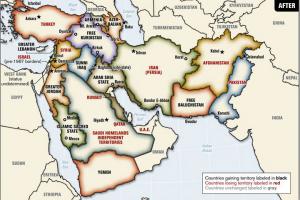



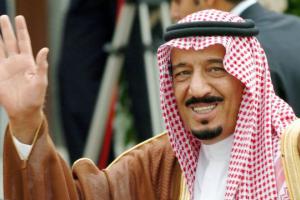
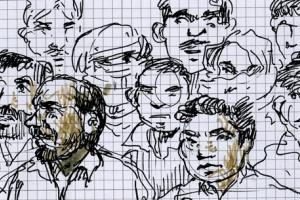
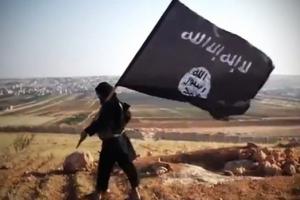
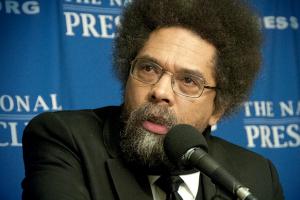
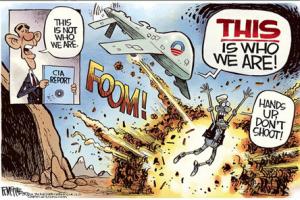
Spread the word